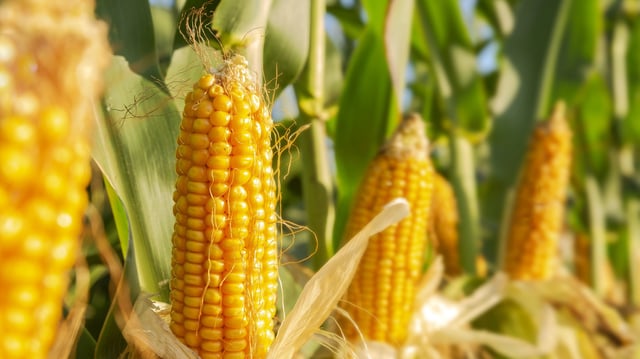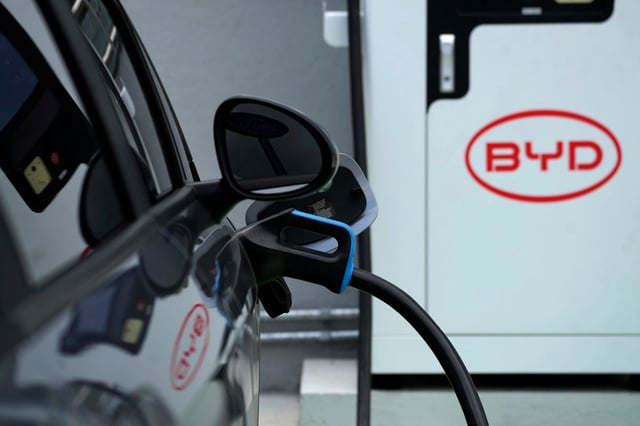Overview
- Washington State University researchers have developed a separator using corn protein and plastic to address key limitations in lithium-sulfur batteries.
- The innovative separator mitigates the shuttle effect and dendrite formation, extending battery lifespan to over 500 charge cycles in experiments.
- Lithium-sulfur batteries are lighter, more energy-dense, and environmentally friendly compared to lithium-ion counterparts but have faced adoption challenges due to technical hurdles.
- The research team validated their approach through numerical studies and laboratory experiments, establishing a proof-of-concept for the improved design.
- Further studies and potential industry collaborations are planned to optimize the technology and scale up for larger experimental batteries.


